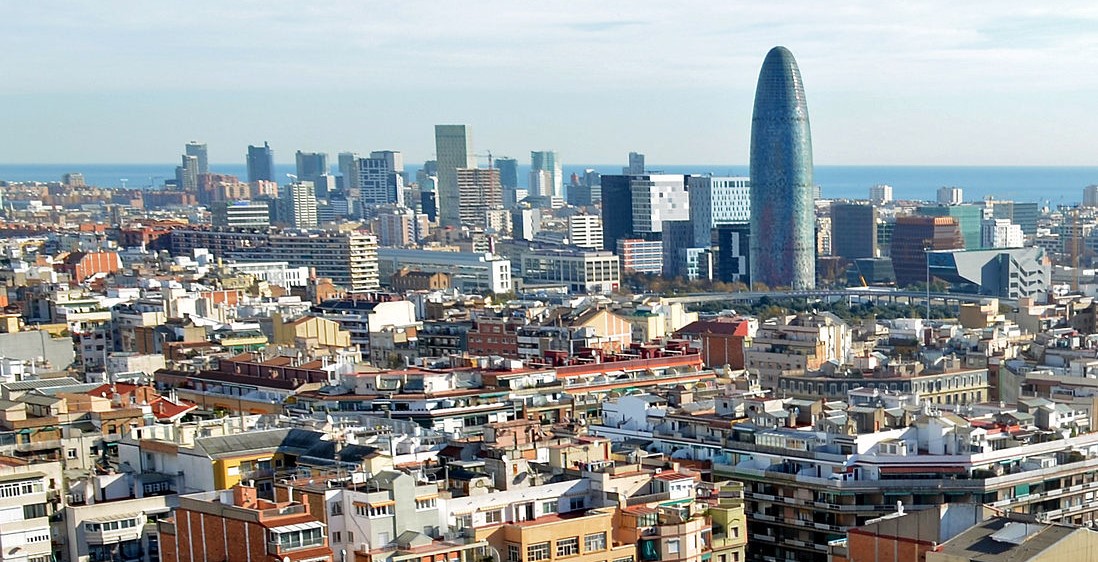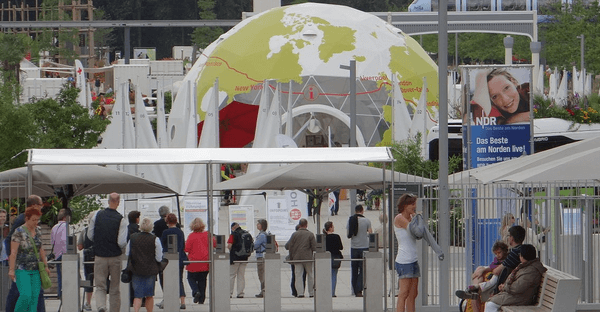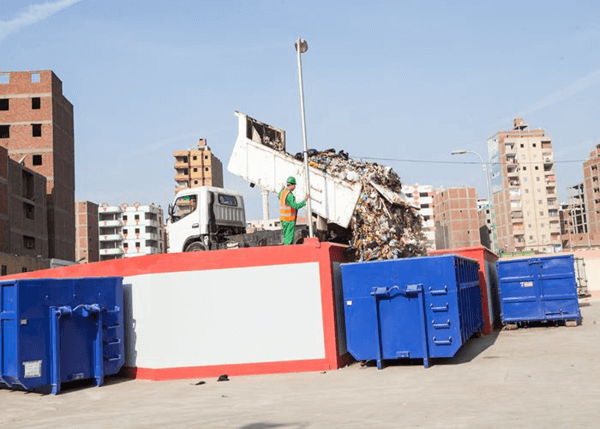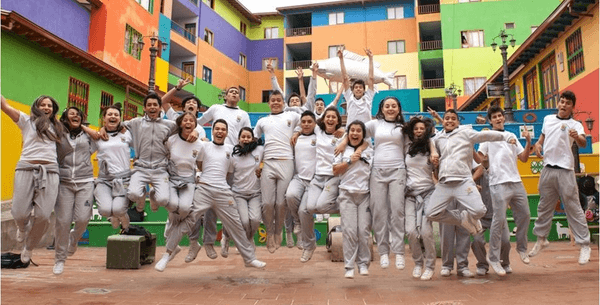In 2000, the Barcelona Schools Agenda 21 Program was formed as a part of the Local Agenda 21. Reactions of schools were already in the beginning immense and the number of participants grew incrementally: In the first year, 2001, a number of 69 schools participated, and by 2012, the number grew to 388, more than half of all Barcelona Schools. The number of supporting NGOs, organizations, and institutions increased from 147 in 2002 to 448 in 2012.
An interdisciplinary team specifies the program’s basic services to the needs of each school. Through the year, teachers are supported with individual consultancies through email, telephone, and fax services 10 hours daily. Recent information is presented through a website and a biweekly electronic newsletter. Numerous technical and pedagogical information seminars and school visits are offered to directors, teachers, and non-teaching staff. Reflection groups and exchange days with inter-school working-groups are also offered. Furthermore, supporting materials and teaching resources are provided to schools. There is a large online-collection of documents on the different related topics.
Networking is not simply limited within schools; contacts to other related organizations are also facilitated. The city management, civil organizations committed to sustainability, and other signatories of the Barcelona Agenda 21 are emphasized organizations for external cooperation. One example is the initiative "Apropa’t als Parcs", which invites pupils to design and develop projects in a park area near their school and to turn the green space into a learning context. There are also connections to the national and international level. For example, pupils went to the Climate Change Meeting in Copenhagen in 2009, and exchanges, supported by the European Leonardo Program, with students from Germany, Hungary, France, and Greece were organized. The Barcelona Schools Agenda 21 forms part of different programs and school networks focusing on sustainability on a regional, national, and international level. Examples are XESC (School Network for Sustainability in Catalonia), the international youth program "Let's take care of the planet" (since 2010), and, since 2012, CoDeS (Collaboration of Schools and Communities for Sustainable Development).
To establish a participation scheme in the long term, milestones are set during the school year, including deadlines for project submissions or dates for notifications of approval. The participating schools agree to submit a yearly project on their objectives and projects including the number of participants and organizations as well as required resources. At the beginning of each school year, participants are invited to a solemn ceremony at the historical City Hall. In addition two closing events, one for primary and one for secondary schools, take place at the end of each school year. These community supporting congresses give students the chance to present their projects and exchange experiences.
Coordinators of the Barcelona Schools Agenda Program point out the continuity of the process. It consists of five phases, which emphasize individually the circumstances at each school:
- "Motivation": Actions of interest and the possible commitment toward sustainability are identified in order to encourage the involvement of people and groups. The school communities are informed about ideas and committees are set up for coordinating projects.
- "Diagnosis": Individual needs and strengths of each school’s educational program as well as its environmental and socio-environmental conditions are made concrete.
- "Action Plan": Most urgent and more approachable problems are identified, a common vision is found, and an action plan designed.
- "Implementation": The plan is implemented into practice.
- "Assessment ": Participants track the process and appraise the degree of achievement of each of the goals. Objectives and actions are adjusted to the assessment. In 2005 a group of teachers from different schools collected comparable indicators and designed a guide for self-evaluation. It is divided into five parts: the educational process, the educational program for each subject and educational level, the management of recourses and school environment, the participatory culture at school, and relations to external actors in the field of sustainability.



